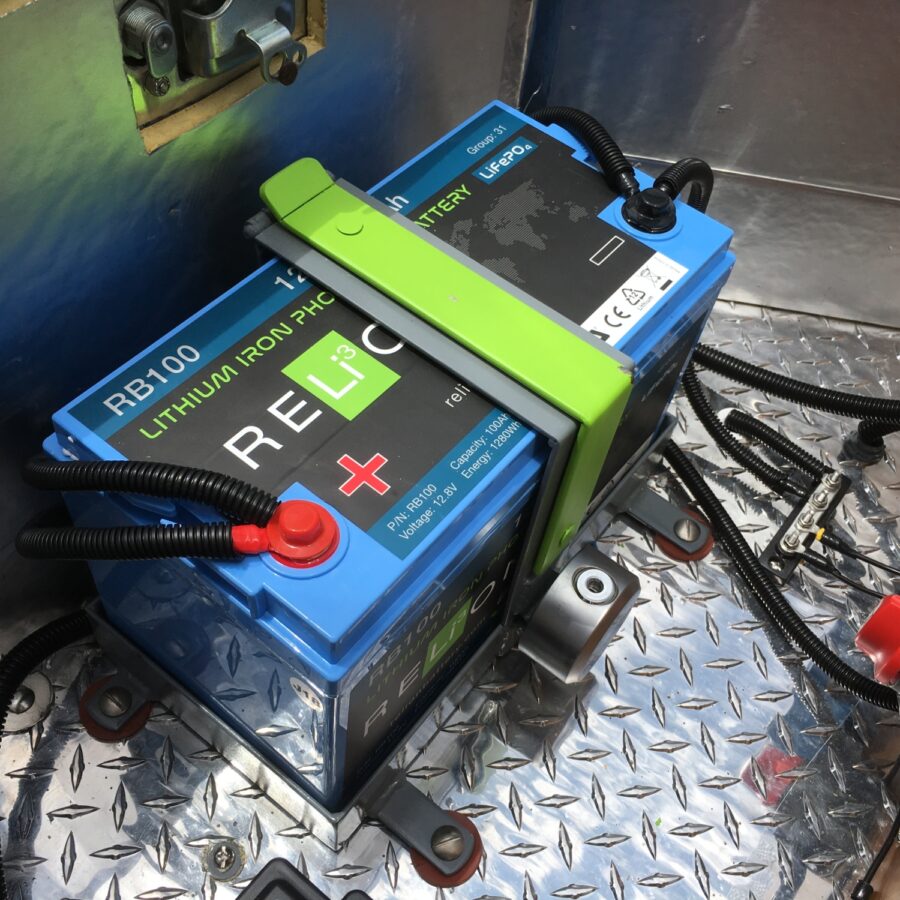Charging Your RELiON Lithium Battery
Here you can find a library of blogs, videos, and FAQs all about charging your lithium battery
plus a complete LiFePO4 Charging Instructions technical guide.

Everything You Need To Know About Charging Lithium Iron Phosphate Batteries
Have you recently purchased your first lithium battery and are unsure where to start when it comes to charging? Learn everything you need to know about charging your lithium battery - from charging conditions to battery storage - in this blog.
Become An ExpertFrequently Asked Questions
Need More?
Review our technical LiFePO4 Charging Instructions guide and check out the videos below.
Lithium Charge Time vs. Lead-Acid
In this video, we cover the common question of how long it takes to charge your lithium battery. In addition, we'll touch on whether or not you can use your existing lead-acid charger for a lithium battery and how to go about doing so properly.
Depth of Discharge (DOD) and State of Charge (SOC)
In this Tech Tuesday, Simon discusses the depth of discharge, or DOD, state of charge, or SOC, and how it affects a lithium battery. In addition, we cover how the rate of discharge effects of lithium vs. lead-acid batteries.
Charging With Your Alternator
We often get asked if our lithium batteries can be charged with an alternator. In short, yes, they can be, but it is important to make sure you have a quality alternator for the best results. In this video, we'll provide all the details you need to know.
Voltage Parameters When Charging
RELiON lithium battery specifications call for our batteries to be recharged to 14 to 14.6 volts for bulk charging and to float the battery at 13.8 volts. Many customers ask how strictly they need to observe those limits. In this video, we answer this common question and discuss why.